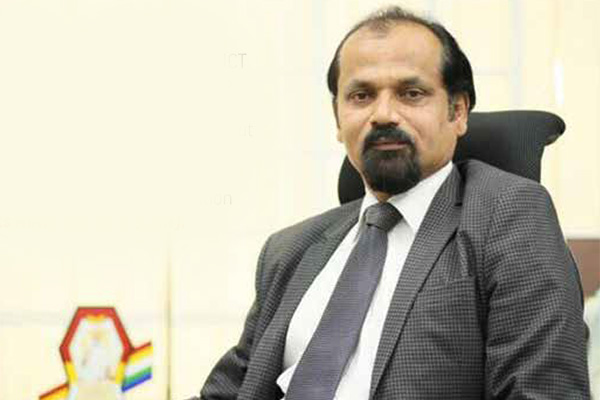
As our University is effectively using ICT tools for education like Moodle, Google Meet and Zoom, we continued our outcome-based teaching-learning without break in lockdown, says Dr Venkatesh A.Raikar, Vice Chancellor, Sanjay Ghodawat University in a conversation with Elets News Network (ENN).
After lockdown announced SGU had taken many measures to overcome this situation. We had been using Learning Management System, Moodle as a regular practice in SGU. This LMS helped us for continuing the learning of students. Each student and faculty members have their own account on MOODLE and it can be accessed from anywhere using internet. Faculties could upload their lessons & notes in the form of PDF or PPTs, or in the form of videos.
Students solved quizzes and submitted assignments which were given by faculties. We conducted CAT-II on MOODLE successfully. On the other hand, faculties used to conduct online interactions with students by using software like ZOOM, Google Meet, YouTube etc. As our university has its own G-Suit account we have facility to use Google Meet account easily without any time limitation and it also works on low bandwidth.
Also read: Prajodh Rajan, Co-Founder & Group CEO – EuroKids International: Peer learning the most effective way
Our faculties are always in touch with students and parents through WhatsApp and phone to provide all the updates. Our university has already established Swayam NPTEL local chapter to conduct various MOOC courses offered by NPTEL and students are taking benefit of this platform for their learning. We have provided facility to our students and faculties to enroll themselves to various courses offered by https://www.coursera.org/which is USA based MOOCs provider.
We have established Coursera Campus program in our university. More than 400 student and faculties still taking advantages counting 2,562 of learning hours, and 4,680 lessons. SGU had organised Faculty Development Program on “LaTeX” in association with Spoken Tutorial Project, IIT-B in which more than 1400 faculties across India and abroad enrolled and completed this FDP. A number of Webinar on current issues / educational scenario were conducted by faculty and University officers.
In the face of a crippling pandemic, technology has emerged as a major lifesaver. Communication is a major key to our interconnected existence and technology is the driving force that maintains our connections.
For education, that means creating content and delivery systems that harness and utilize technology to its fullest. Perhaps, education may become more flexible and accessible, relinquishing its over- reliance on rigid structures that we currently consider necessary.






















